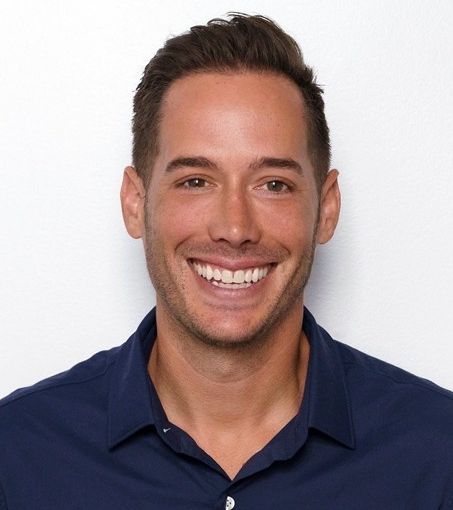LA Venture: M13’s Carter Reum On His New $400 Million Fund and How Web3 Will Change Business

Sign up for dot.LA's daily newsletter for the latest news on Southern California's tech, startup and venture capital scene.
On this episode of the LA Venture podcast, M13 co-founder Carter Reum talks about the firm's new $400 million fund and how he aimed to create a different kind of venture firm.
With Fund III, Reum said M13 is writing $8 to $15 million checks across fintech, healthcare, food and real estate. But another market Reum has his eye on is the evolving creator economy and the ways that the next iteration of the web is changing businesses’ relationships with consumers.
“You think about collective ownership. You think about democratization, both on the creator side and the investing side. And so there's a lot of great companies and we say ‘just be thinking about how those things are going to affect your business’.”
Reum said that things like Web3, crypto and NFTs have exploded and are already affecting companies. Being a firm in L.A. has positioned them right at the forefront of these changes.
“Whether they're in fintech or healthcare, or food or real estate, they need to understand media and content and brand and influence. Those things are indigenous to L.A. They grow like palm trees here, right?”
Reum and his brother Courtney started off as investment bankers at Goldman Sachs, and eventually left to start a consumer company together. That experience put the pair in touch with many entrepreneurs. Inspired by some of their new contacts, the two decided to sell their company and strike out as angel investors.
"We really just kind of looked around and said, 'you know, the whole world's being disrupted and evolving. We think venture needs to revolve as well'," said Reum.
The brothers began M13 with a different approach from other VCs, Reum said. Instead of trying to pick winners, they decided to focus on making them.
To Reum, that means making sure companies succeed not based off one single decision, but an amalgamation of choices. A key hire or a big PR moment can be signs of step-change growth, but he said it’s more important to help founders make better day-to-day decisions.
"We help them avoid bad decisions, because the definition of entrepreneurship is being asked every single day to do something you've never done before," said Reum.
Out of its first fund, M13 helped bring about 11 companies now valued at over $1 billion each.
Reum credited the success to his luck in coming across talented founders and gut instinct.
"We live by this mantra that ‘if it's not a hell yeah, it's a hell no’," said Reum. "Our biggest winners were always the ones that we just had a meeting [with]. We just saw the pattern. There was something about that meeting, we just said, 'Hell yeah, let's do this’."
After proving itself with its first fund, M13 was then able to repeat its success with its Fund II. At the time, Reum was planning his wedding with celebrity Paris Hilton and fundraising simultaneously.
"Maybe I should have changed the timing of those two things a little bit,” he said. “Maybe not the wedding–at least the fundraising?"
dot.LA Engagement Fellow Joshua Letona contributed to this post.
Hear the full episode by clicking on the playhead above, and listen to LA Venture on Apple Podcasts, Stitcher, Spotify or wherever you get your podcasts.
- M13 Is Launching a $400 Million Third Fund - dot.LA ›
- LA Venture: How M13's Anna Barber Puts Local Startups First ›





 Image Source: Skyryse
Image Source: Skyryse